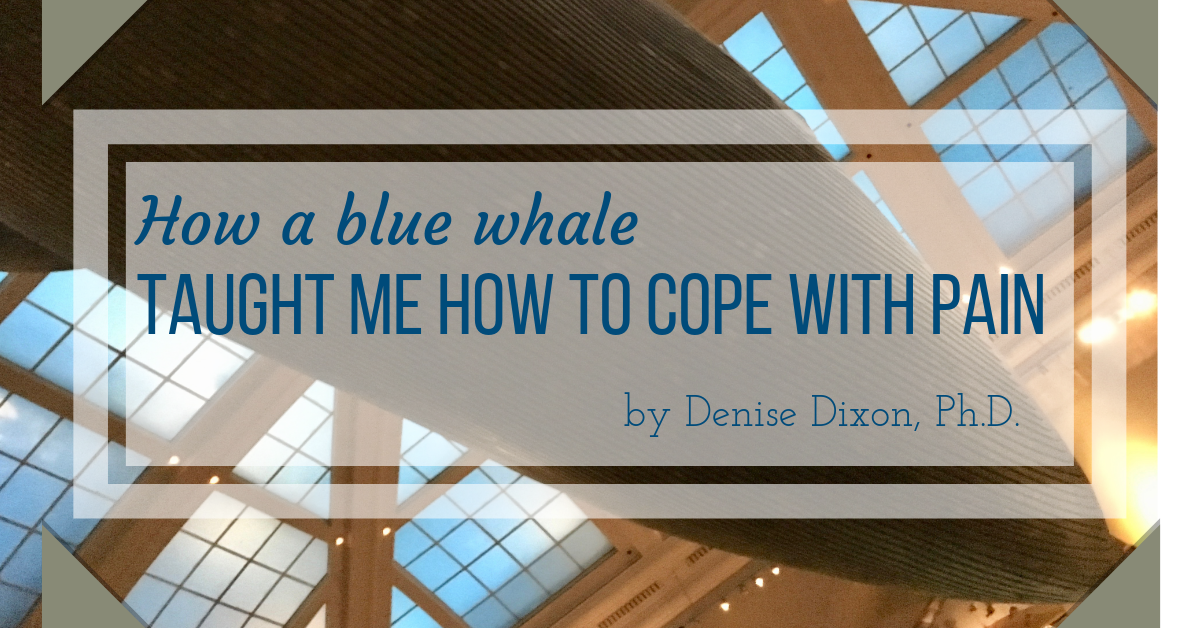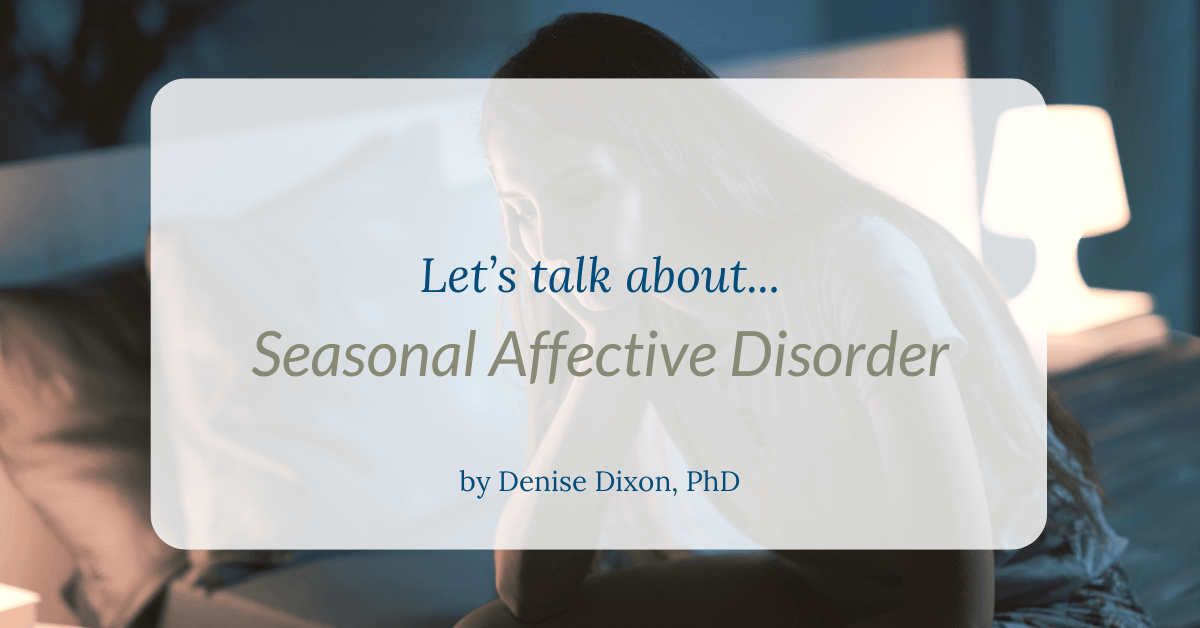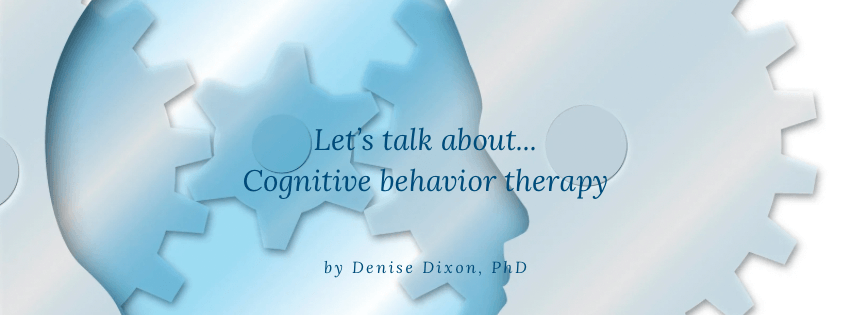Discover the Power of Forest Bathing
Why Forest Bathing is the Ultimate Mental Health Boost
Immerse yourself in nature’s healing embrace and uncover the profound benefits of forest bathing for your mind and body.
Stress Reduction
Mood Enhancement
Physical Well-being
Nature Connection
The Science Behind Forest Bathing
Forest bathing can reduce cortisol levels by 16% and improve mood by 20%.
%
Decreased anxiety
%
Increased happiness
Mental health effects
Participants in forest therapy sessions reported a 12% decrease in anxiety and a 15% increase in overall happiness.
%
Lower blood pressure
%
Improved immune function
Physical health effects
Regular forest walks have been linked to a 10% reduction in blood pressure and a 5% increase in immune function.
The Role of Designated Forests
Urban Sanctuaries: The Importance of Designated Forests
In bustling urban landscapes, designated forests serve as vital sanctuaries for mental rejuvenation and stress relief. These green spaces offer city dwellers a chance to escape the concrete jungle and reconnect with nature. As urbanization continues to rise, the establishment of designated forests becomes increasingly crucial for promoting public health and well-being. By providing a natural refuge, these areas help mitigate the effects of urban stressors and foster a sense of tranquility and balance.
Therapeutic Benefits of Forest Bathing

Forest bathing, or Shinrin-Yoku, has been shown to offer numerous therapeutic benefits. Studies indicate that spending time in nature can significantly enhance mood, decrease stress levels, and improve overall physical health. Participants in various research projects reported feeling more relaxed and rejuvenated after engaging in forest walks. Physiological measures, such as reduced blood pressure and increased serotonin levels, further support these findings, highlighting the practice’s potential as a natural remedy for mental health challenges.
Research has consistently demonstrated that forest bathing can lead to substantial improvements in mental well-being. By immersing oneself in the tranquility of a forest environment, individuals experience a marked reduction in anxiety and depression symptoms. The practice not only promotes mental clarity but also fosters a deeper connection with nature, which can be profoundly healing. These positive effects underscore the value of incorporating forest therapy into regular healthcare routines.
Growing Acceptance of Forest Therapy
The acceptance of forest therapy as a legitimate healthcare practice is gaining momentum worldwide. In Japan, forest therapy is often prescribed by doctors as a stress-relief measure for overworked professionals. This trend is spreading to other countries, where healthcare providers are beginning to recognize the value of nature-based interventions. Programs like Park Rx America advocate for the integration of nature prescriptions into standard medical care, emphasizing the importance of outdoor activities for maintaining mental and physical health.
Integration into Healthcare
As the benefits of forest therapy become more widely acknowledged, its integration into healthcare systems is becoming more prevalent. This approach not only offers a cost-effective alternative to traditional treatments but also aligns with the growing emphasis on holistic health practices. By encouraging patients to engage with nature, healthcare providers can offer a complementary therapy that supports overall wellness and enhances quality of life.
Implications for Future Healthcare
The increasing acceptance of forest therapy has significant implications for the future of healthcare. As more studies validate its effectiveness, it is likely that forest therapy will become a standard recommendation for managing stress and improving mental health. This shift could lead to a broader adoption of nature-based therapies, ultimately transforming how healthcare systems approach mental well-being and preventive care.
Understanding Eco-Anxiety
Eco-anxiety is a growing concern, particularly among younger generations who are acutely aware of environmental issues. This form of anxiety stems from fears about the future of the planet and can significantly impact mental health. Individuals experiencing eco-anxiety often report feelings of helplessness and despair, which can interfere with daily functioning and lead to chronic stress.
Impact on Younger Generations
Younger generations, especially those born in the mid-to-late 1990s, are increasingly affected by eco-anxiety. This demographic is more likely to experience distress related to climate change, as they are more informed about environmental challenges. The psychological burden of eco-anxiety can manifest in various ways, including sleep disturbances and intrusive thoughts, highlighting the need for effective coping strategies.
Addressing Eco-Anxiety
Addressing eco-anxiety requires a multifaceted approach that includes education, community engagement, and mental health support. By fostering a sense of empowerment and encouraging proactive environmental actions, individuals can mitigate feelings of helplessness. Additionally, promoting nature-based therapies, such as forest bathing, can provide a therapeutic outlet for those struggling with eco-anxiety, helping them reconnect with the natural world and find solace in its beauty.
Discover the Benefits of Forest Bathing
Embrace the tranquility of nature and enhance your mental well-being by incorporating forest bathing into your routine. Experience the profound effects of Shinrin-Yoku, a practice proven to uplift mood, reduce stress, and improve overall health. Take the first step towards a more balanced life today.


















